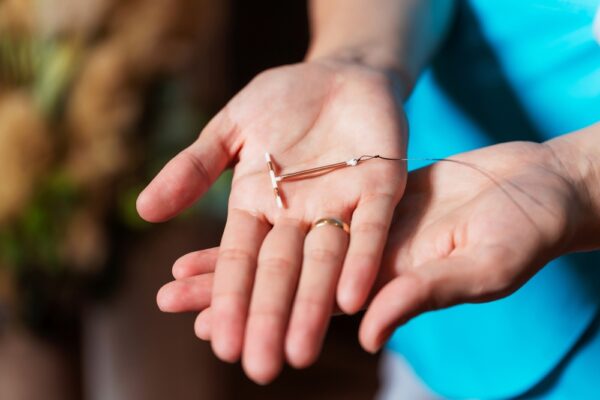Jack Cooper, who took the type-2 diabetes drug Actos (pioglitazone), learned about the drug’s increased risk of bladder cancer the hard way, when he was diagnosed with the disease in 2011 after having taken it for several years.
The manufacturer of the drug, Takeda, learned in 2013 that it would be held liable for what it did to Cooper, keeping a lid on the link between bladder cancer and Actos from 2004 until 2011, according to Cooper’s evidence.
Although a judge would set it aside, a California jury in April awarded Cooper and his wife a combined $6.5 million in compensatory damages in the first of more than 3,000 Actos lawsuits.
Although the U.S. Food and Drug Administration announced June 15, 2011, “that use of the diabetes medication Actos (pioglitazone) for more than one year may be associated with an increased risk of bladder cancer,” the caveat was too little too late to help Cooper and, apparently, thousands of other diabetics.
Hence, at least from a jury’s perspective, a compensatory beachhead for Actos bladder cancer victims who have filed lawsuits has been established.
Cooper’s attorneys produced internal documents in which Takeda executives encouraged staff to dissuade the FDA from posting bladder cancer warnings, according to one published report about the trial.
Cooper and thousands of other diabetics were exposed to the uninformed increased risk, about which, as plaintiffs in Actos lawsuits can assert, Takeda should have known and divulged, even if such a disclosure would have possibly diminished multibillion dollar Actos sales.
The Japanese pharmaceutical corporation released a statement April 26, 2013, from its U.S. division espousing Takeda’s commitment to “patient safety” and vowing “to vigorously defend the company against future lawsuits.” In this case, the jury appeared somewhat skeptical about the safety issue, at least as it pertained to Cooper and Actos.
Takeda, in an early-2013 reflection on the previous year, acknowledged the fount of litigation.
“[Takeda] and Eli Lilly & Co. have been named as defendants in lawsuits pending in U.S. federal and state courts in which plaintiffs allege they have developed bladder cancer as a result of taking pioglitazone-containing products,” according to Takeda’s 2012 Annual Report. “A proposed class action has also been filed in the Ontario Superior Court in Canada. The Company is vigorously defending the aforementioned lawsuits.”
The FDA issued its 2011 safety alert following regulators’ study of five-year interim results from a scheduled 10-year Takeda-sponsored assessment of the drug’s risks. In regard to that mid-stream analysis, the FDA reported that “an increased risk of bladder cancer was noted among patients with the longest exposure to pioglitazone, and in those exposed to the highest cumulative dose of pioglitazone.”
The FDA approved Actos in 1999.
# # #
Any current or former Actos patient diagnosed with bladder cancer may want to contact one of the pharmaceutical injury attorneys at Reich & Binstock for a free consultation. The law firm, which operates in every state, may be reached toll-free at 1-866-LAW-2400. The firm’s website is www.reichandbinstock.com.

The Legal Examiner and our Affiliate Network strive to be the place you look to for news, context, and more, wherever your life intersects with the law.













Comments for this article are closed.